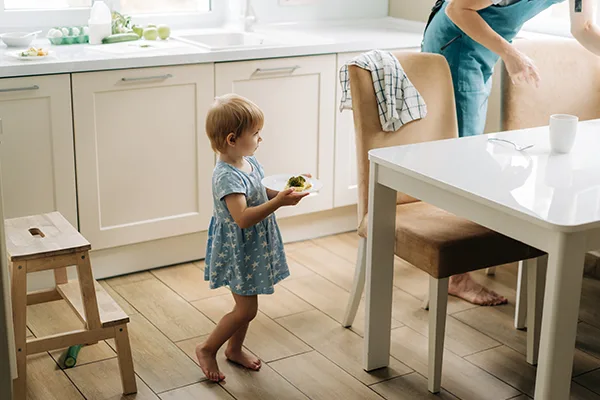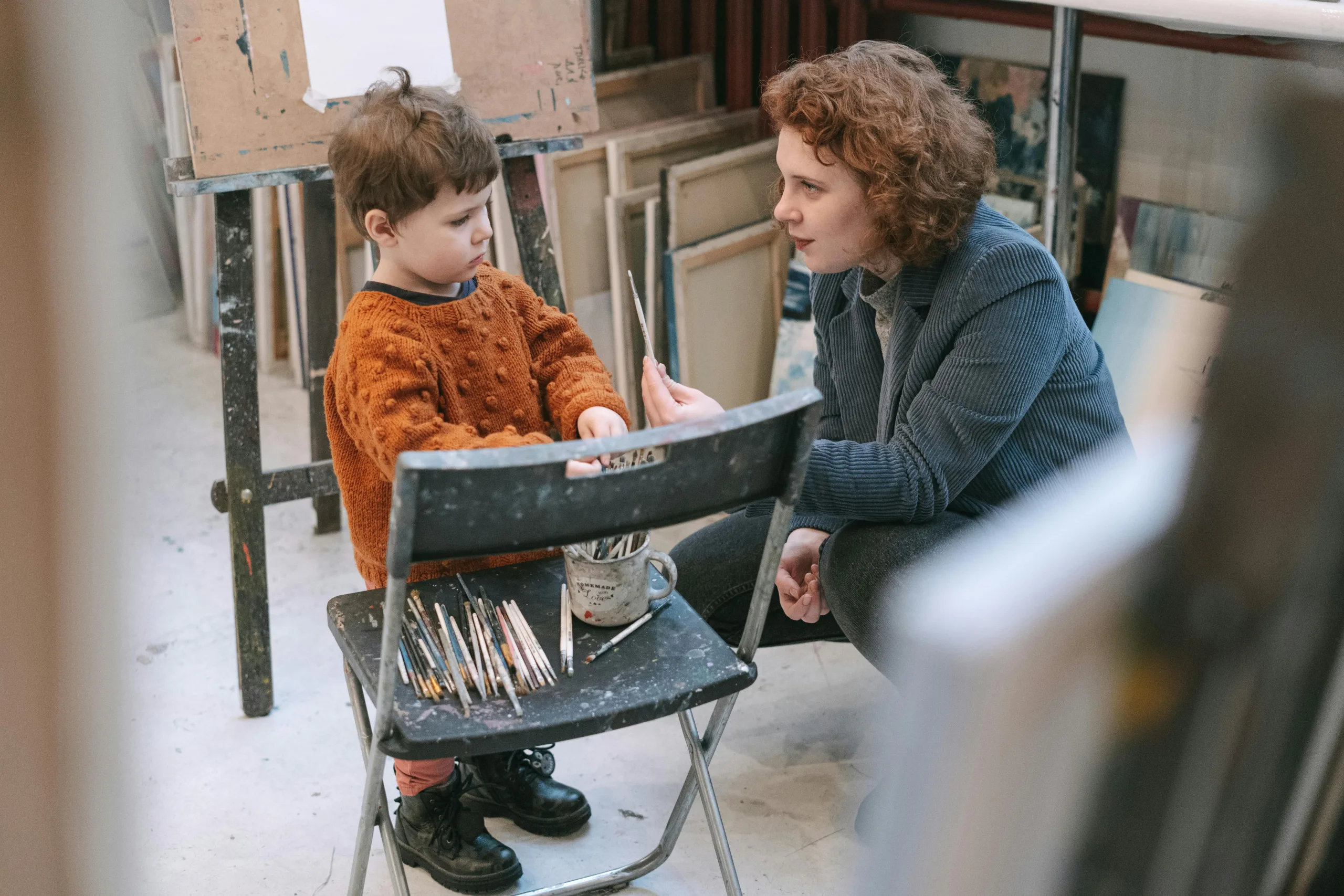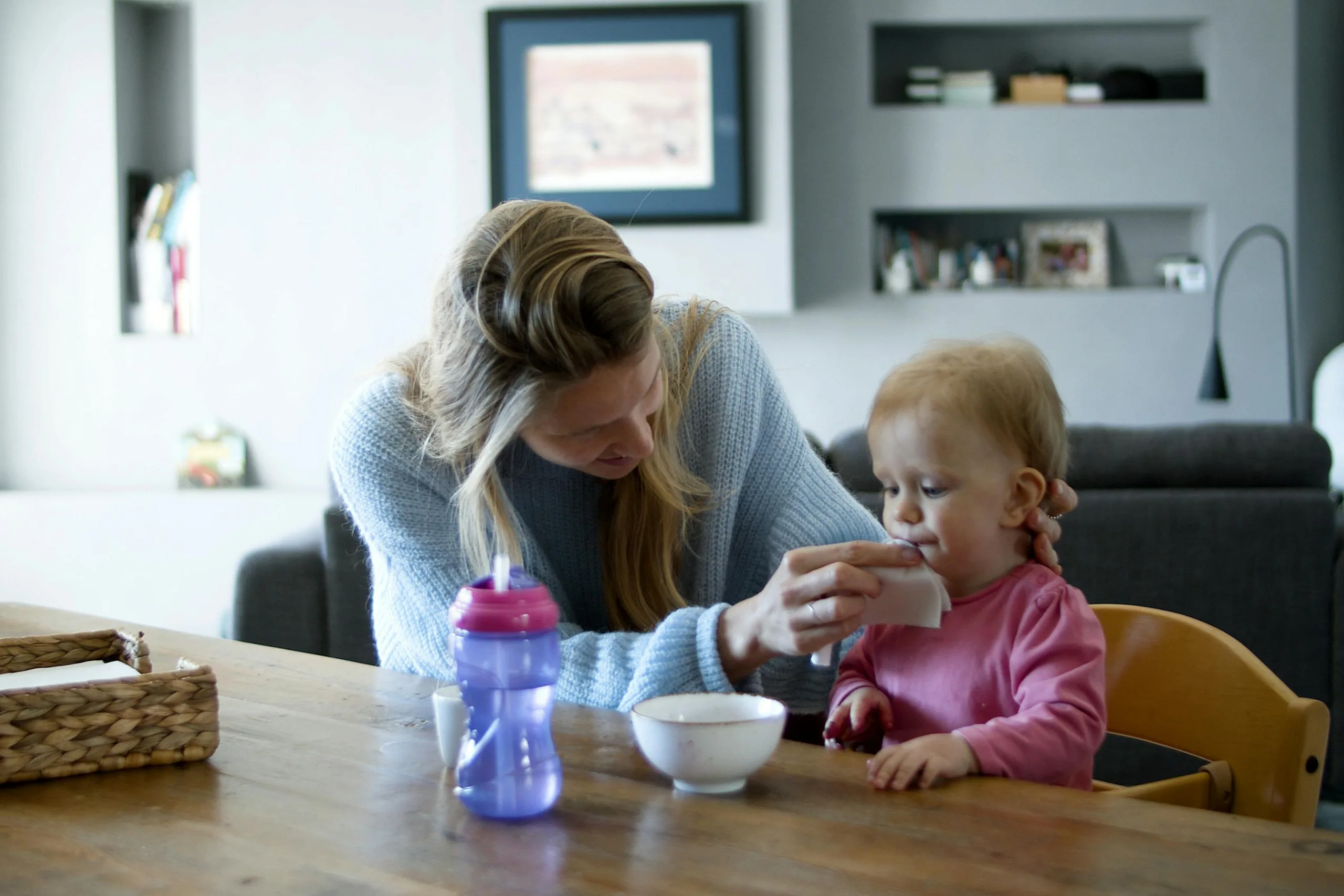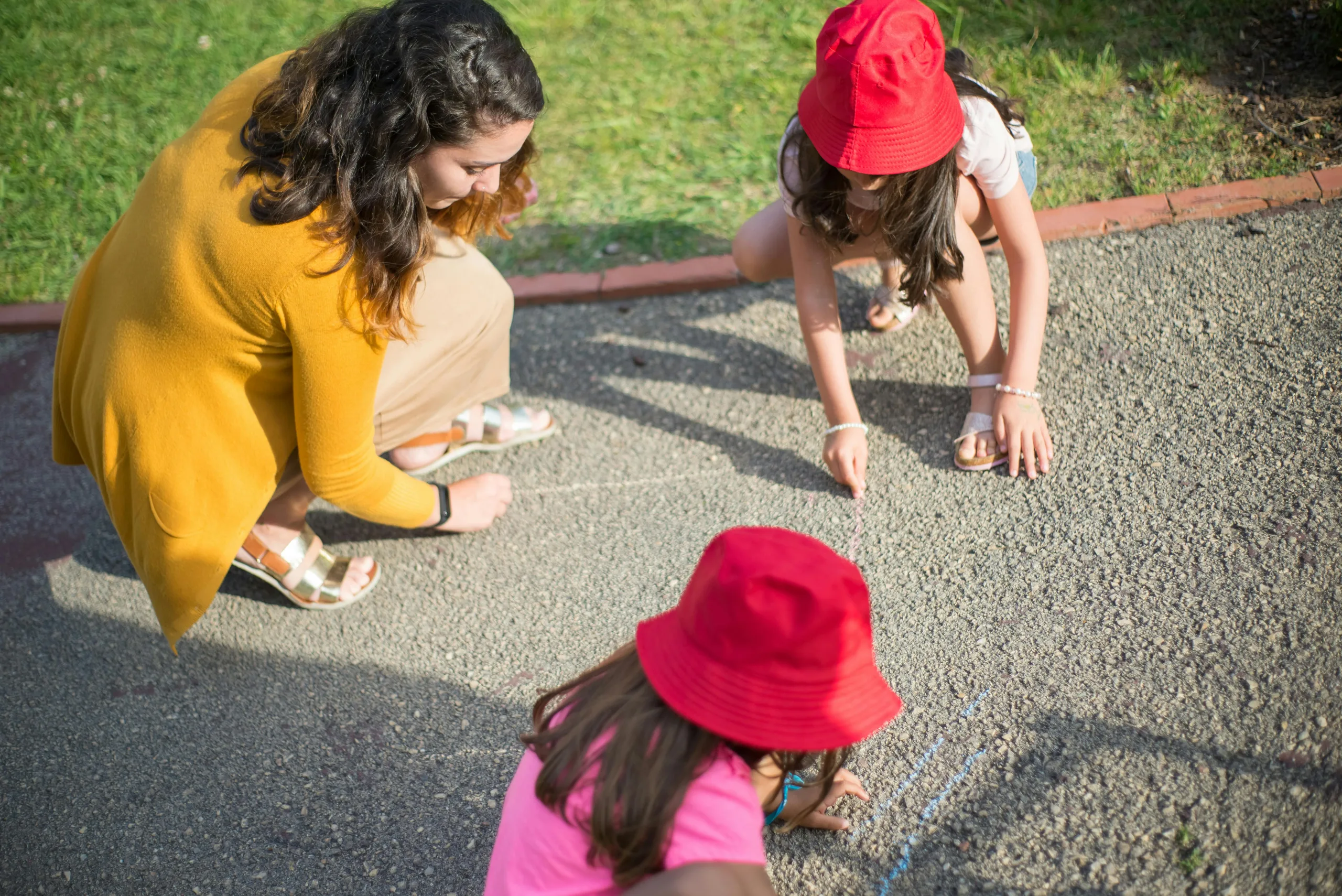Polish childcare practices prioritize a balance of nurturing care, structured learning, and personal responsibility. Growing up in Poland, many children experience a unique blend of warmth, discipline, and education, which shapes their development and prepares them for the world around them.
Polish traditions emphasize cultivating an environment that nurtures growth, whether through the guidance of parents, educators, or Au Pairs. Join us as we explore these time-honored practices and discover how they lay the foundation for enriching care that benefits every child.
Education: A Core Value in Polish Childcare and Au Pair Care
In Polish culture, education goes beyond personal success. It’s a deeply ingrained value that shapes every aspect of life, including Polish childcare. With a strong focus on academic excellence, Poland’s education system is built to inspire intellectual curiosity and academic achievement from an early age.
This emphasis on learning and intellectual growth influences the way Polish caregivers, including Au Pairs, interact with children. Our caregivers see education as a school subject and an ongoing, dynamic process that starts at home. For our professionals, it’s all about creating an environment where children can develop a lifelong passion for learning. Here’s how these values are reflected in our approach at Au Pairs:
- Early Exposure to Learning: From a young age, Polish caregivers expose children to books, puzzles, and games that spark curiosity. This early introduction to learning helps build a solid foundation, encouraging children to develop a love for discovery and creativity that’ll stay with them throughout their lives.
- Encouraging Independent Thinking: Polish customs focus on nurturing a child’s critical thinking ability. Au Pairs encourage children to ask questions, explore new ideas, and form their own opinions, empowering them to become thoughtful learners. This fosters confidence in their own judgment, helping them become problem-solvers and decision-makers from an early age.
- Support for Academic Achievement: Beyond just helping with homework, our caregivers actively encourage children to develop good study habits and a love for learning. This involves reinforcing school lessons while making learning fun and interactive, helping children see education as an enjoyable and rewarding process rather than a chore.
- Structured Learning Time: Routine and structure are essential components of childcare in Poland. Au Pairs often creates a daily schedule that balances play and educational activities, giving children time dedicated to learning, even outside school hours. This structure helps children thrive in a predictable environment where they can engage in focused and creative activities.
- Cultural Enrichment: Our caregivers also emphasize the importance of cultural and intellectual enrichment. Whether through attending museums, exploring local history, or introducing children to classical music, Au Pairs expose children to a broad range of cultural experiences that deepen their understanding of the world. This helps children develop a broader perspective, fostering an appreciation for diversity and the arts.

Routine: Building Stability in Your Children’s Lives
Routine is an essential element that provides children with the security and stability they need to thrive. Rooted in Poland’s emphasis on discipline and organization, caregivers recognize that structured routines are key to fostering a nurturing space where children feel safe, supported, and ready to learn.
At Polish Au Pairs, our caregivers help children maintain these routines, creating a predictable and reassuring daily flow that benefits their emotional and cognitive development. Here’s how we integrate routine into our approach to Polish childcare:
- Promoting Stability with Daily Structure: Our caregivers create consistency around meals, naps, and activities, establishing predictability. By adhering to a structured timetable, children learn what to expect, which helps them feel secure throughout the day.
- Creating Balance Between Play and Learning: A mix of structured and free play helps children enjoy a balanced day. While our experts plan certain activities to encourage academic development or skill-building, they also provide ample time for unstructured play, allowing children to explore and engage at their own pace. This balance nurtures their intellectual curiosity and their emotional well-being.
- Consistent Bedtime Routines: Our caregivers emphasize the importance of a calm and consistent bedtime routine, which typically includes reading, gentle conversation, and relaxing activities. This helps children wind down and transition to sleep. It also reinforces healthy sleep habits that are vital for their growth and development.
- Mealtimes as Learning Opportunities: Regular, well-timed meals are important to Polish customs. Caregivers use mealtime as an opportunity to teach children about healthy eating habits, encourage table manners, and foster social skills—all while maintaining a routine that provides nourishment at the same time each day. This consistency supports physical health while creating meaningful moments of connection and learning.
- Clear Expectations and Boundaries: Polish childcare practices include setting clear boundaries and helping children understand the structure and discipline within their environment. This teaches children accountability, self-regulation, and respect for the routine, contributing to a balanced and organized day. Over time, these habits help children develop a sense of responsibility and understanding the importance of following rules.

Responsibility: Fostering Independence and Accountability
In Poland, teaching responsibility is a cornerstone of raising well-rounded, capable individuals. This stems from an ethos that values hard work, accountability, and community. Polish caregivers view responsibility as a skill to nurture early, giving children tools to grow up with the independence and moral compass needed to succeed.
By blending Polish customs with creative, age-appropriate methods, caregivers instill these values in a way that feels natural and engaging for children. Here’s how this emphasis on responsibility translates to Polish Au Pair childcare styles:
- Age-Appropriate Responsibilities: Our caregivers involve children in small household tasks, like tidying up toys or setting the table, to build independence. These simple activities are tailored to the child’s age and abilities, teaching them that contributing to daily life is important and rewarding. Over time, these tasks help children develop ownership and pride in their environment.
- Moral Lessons Through Stories: Drawing from Poland’s rich folklore tradition, caregivers use tales that teach responsibility, teamwork, and problem-solving. These stories help children understand more complex ideas like accountability and the importance of making thoughtful choices. They also spark discussions, helping children to connect the lessons to their own experiences.
- Encouraging Self-Sufficiency: Au Pairs encourage children to handle tasks like packing their school bags, dressing themselves, and completing simple chores. This gradual approach builds confidence, helping children realize their capabilities and take pride in their accomplishments. It also prepares them to handle more challenging responsibilities as they grow older.
- Teaching Accountability Through Routines: Our experts emphasize routines where children take responsibility for certain aspects of their day, such as completing homework on time. This helps children understand the value of meeting expectations and being dependable in their responsibilities. These routines gradually become habits that build discipline and reliability.
- Modeling Community Responsibility: Our caregivers emphasize the importance of being a considerate member of a group, teaching children to share, take turns, and support others. Whether through group activities or teamwork-focused games, children learn that their actions impact those around them. These lessons strengthen social bonds, preparing children to be caring members of their communities.

How Polish Childcare Traditions Translate to Au Pair Care
Polish childcare traditions are rooted in values that resonate deeply with many families: a commitment to education, the importance of structured routines, and a focus on teaching responsibility. These practices create a nurturing environment for children—all while helping them develop independence, confidence, and a love for learning.
When you welcome a Polish Au Pair into your home, you’ll give your children the opportunity to grow under the care of someone who values intellectual development, stability, and accountability. Browse our available Au Pairs and discover what makes our talented Polish Au Pairs unique today!






